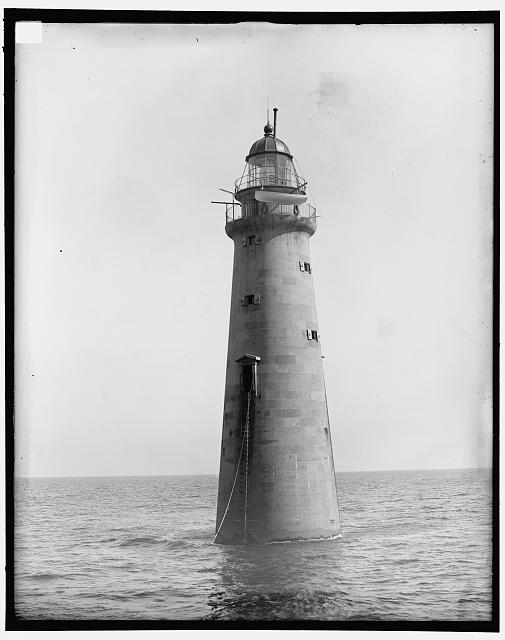
After three days of heavy fighting and 50,000 casualties, the Battle of Gettysburg culminated in a Union triumph exactly 150 years ago today. Because it was an American battle fought within an American war, most people believe the outcome was of little interest beyond our borders. In truth, however, Gettysburg had tremendous international impact then, and it continues to do so today.
Perhaps I am more sensitive to such international ramifications than most. As a Chilean Hungarian Jewish American, my family has experienced first-hand how totalitarian regimes can brutalize their own people. I take no freedom for granted, and I cherish our right to elect and unelect our leaders.
That right currently exists in 61 percent of the world's nations. Prior to Gettysburg, it existed in one. Had Gettysburg gone differently, it might now exist in none.

America is a beacon to the world. Glass plate negative, ca. 1890, Library of Congress
As the Battle of Gettysburg raged, Europe watched closely. Whole economies depended on America's hand-picked cotton, and President Lincoln's wartime embargo of the South had stopped that trade cold. Europe was against slavery, but it was not in favor of democracy.
The common man was thought unable to rule himself. Just as the South had seceded over the issue of slavery, so other groups were expected to secede over their own issues. Europe thought the United States would balkanize, and eventually some ruler would arise with an iron hand to re-establish the peace-time trade. As far as Europe was concerned, the sooner the better. European leaders did not wish to alienate President Lincoln in case his side was winning, but if a Southern victory became more likely, they would gladly jump in to assist the slave-owners and get the cotton trade back on track.
Lincoln needed a victory not only to preserve the young nation entrusted to his care, but also to preserve the principle upon which that nation was founded; namely, that the people were capable of governing themselves.
Thanks to the brave men who fought and died at Gettysburg, the Union prevailed, the tide turned, and Europe stayed out of our war. It is altogether fitting that this battle climaxed on the eve of July 4, Independence Day.
Just as the shots which opened the American Revolution in 1775 were heard around the world, so too were the shots of Gettysburg heard. Thereafter, the world was permanently changed.
Before Gettysburg, 95 percent of the world's population lived under monarchic rule, as it had for all the thousands of years since civilization began. A few of those monarchs were enlightened, the vast majority were totalitarian despots -- no surprise in a system that rewards the corruption of power with more power.
Since Gettysburg, however, the number of electoral democracies has increased dramatically. Today, 61 percent of the world's countries operate under a system of people's government. (See the 2013 Freedom House report here.)
The fledgling American democracy entrusted to Abraham Lincoln during its greatest crisis has blossomed. We have led the world both by example and, when necessary, intervention. As Americans, we do our duty for the cause of liberty, and in this we justly take pride.
And yet, there is a problem. In 2006, 64 percent of the world's countries were electoral democracies. Seven years later, we are down 3 percent from that number when we should be up 3 percent or more -- a significant swing. According to the most recent Freedom House report, there are more countries now declining in freedom than gaining. There are more people suffering from the loss of liberty than those who are winning it.
We cannot take liberty for granted. We must defend it here and abroad. I pray we can do so diplomatically, economically, and in peace. I know we will do more if necessary.
We honor the sacrifice of all who fought for freedom at Gettysburg, and every battle since then, when we stand strong in the face of despots, and stop them from brutalizing their own and other people. Quite simply, that is the American Way.
May you have a healthy, happy, and meaningful Independence Day!
__________________________
Salvador Litvak wrote & directed Saving Lincoln, the true story of Abraham Lincoln and his closest friend & bodyguard, Ward Hill Lamon, featuring sets created from actual Civil War photographs. Learn more at SavingLincoln.com